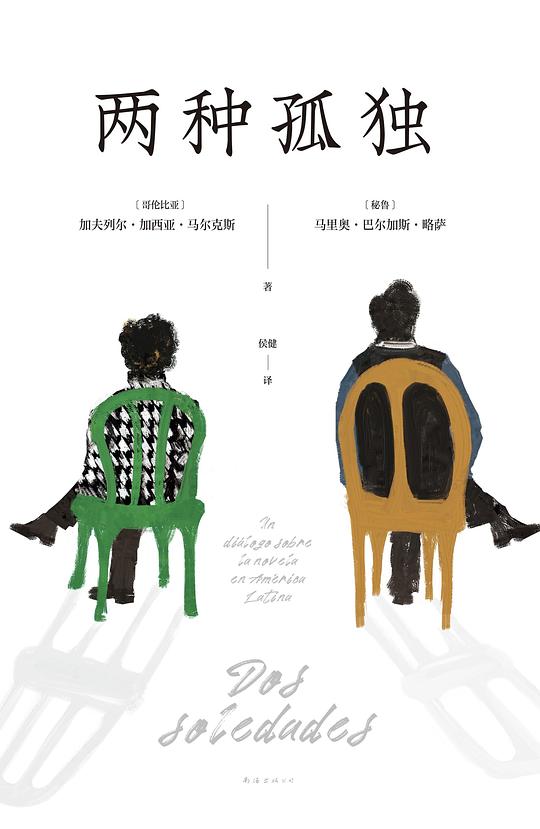WULOLIFE
《两种孤独》作者: [哥伦比亚]加夫列尔·加西亚·马尔克斯 / [秘鲁] 马里奥·巴尔加斯·略萨出版社: 南海出版公司
《两种孤独》作者: [哥伦比亚]加夫列尔·加西亚·马尔克斯 / [秘鲁] 马里奥·巴尔加斯·略萨出版社: 南海出版公司
Couldn't load pickup availability
Description
内容简介· · · · · ·
【加西亚·马尔克斯×巴尔加斯·略萨】两位诺贝尔文学奖得主唯一对谈!
★时隔半个多世纪后被寻回的文字,重温“文学爆炸”最初的盛况、最后的同框。
★空前绝后的巅峰对谈,启迪读者的文学锦囊。
★另收录两位作家专访、照片集等珍贵资料。
---
。
但我确信它们能启蒙、激励某位读者— —也许还有某位未来的小说家。——胡安·加夫列尔·巴斯克斯(哥伦比亚当代作家)
★那场对谈连接了人生与文学、理论与实践、幻想与现实,介绍了许多关于小说和小说家的知识,加西亚·马尔克斯略萨的叙事魔力渗进了整场对谈,没人注意时间的流逝。——尔多·奥贡多(秘鲁文学评论家)
★在半个多世纪后,在如此多文学之水从桥下流过之后,这本书带来了最重要的关键信息。——西班牙《国家报》
---
1967年,《百年孤独》出版,盛况空前,巴尔加斯·略萨和加西亚·马尔克斯都还是年轻的小说家,他们在利马举行了一场怪异至极的对谈,像两只互相发问“进化是什么鬼东西”的年轻翼龙一样——这成为未来两位文学大师一生唯一的对谈。
1968年,加西亚·马尔克斯写信给巴尔加斯·略萨,拒绝出版社将对谈内容整理成书。从那时起,他已经想要刻意且谨慎地把自己打造成传奇了。
然而对谈还是少量发行了。此后,它成为加西亚·马尔克斯被盗版、影印和地下传播最多的作品。
如今,半个世纪过去了,我们终于与这些海难幸存者般的文字相遇,重最初的盛况、最后的同框。
